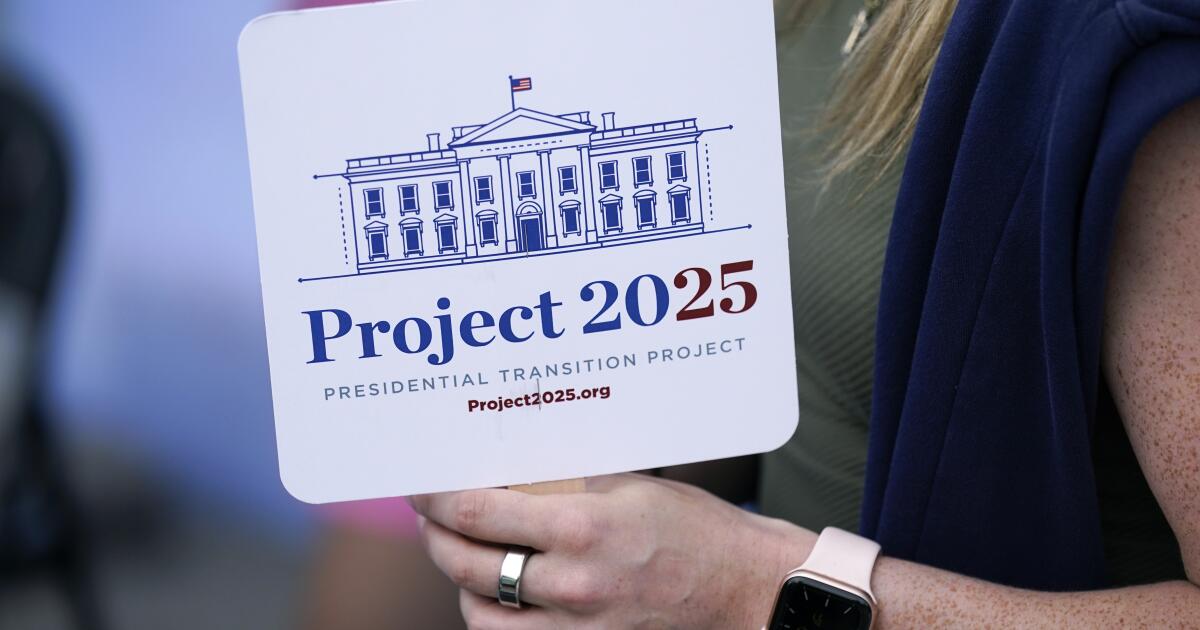New York State Assemblyman Zohran Mamdani's victory in the June Democratic primary for mayor of New York City was not just a political setback: it is a historical echo. Nearly 70 years ago, in a vast California district stretching from Palm Springs to the Mexican border, a naturalized Sikh American named Dalip Singh Saund shocked the political establishment by winning his seat in Congress. Saund's story offers a striking parallel to Mamdani's, and both victories serve as powerful reminders that in America elections are not the property of the powerful. The people earn them.
In 1956, Saund campaigned not only against his political opponents, but also against deeply held beliefs about who could and could not represent America. During the primaries, his Democratic opponent Carl Kegley called him a “Hindu communist” (a Cold War insult). similar to the “Islamic extremist” label facing Muslims today) and questioned Saund's eligibility in court. In the general election, Saund faced formidable Republican Jackie Cochran Odlum, a record-breaking aviator, wealthy businesswoman, and ally of President Eisenhower. With a huge budget and an army of campaign staff, he hosted celebrity-filled rallies at his private ranch in Indio.
When Cochran Odlum left the district to serve a stint in the Air Force Reserve, Saund and his base team (his wife, children and a few volunteers) registered more than 6,500 new voters in a district where 110,000 would cast ballots. The team crisscrossed the 11,000-square-mile district to hang hand-painted signs and host modest barbecues, campaigning with tireless optimism to win every vote.
Dalip Singh Saund, left, is congratulated by Brawley News editor Ray Barnes after Saund defeated Jacqueline Cochran Odlum for her seat representing California's 29th district in 1956.
(AP)
Alarmed by Saund's push, Cochran Odlum launched a series of xenophobic attacks: questioning his loyalty, invoking his “foreign” name, and claiming that his dark skin would marginalize him from a party dominated by powerful Southern Democrats.
Saund faced these attacks with clarity and conviction, asking voters to judge him fairly. He distributed pamphlets titled “What America Means to Me,” crediting Abraham Lincoln with changing the course of his life. Saund reminded voters that he had grown up under British colonial rule and had chosen American democracy as written in the Declaration of Independence. He also responded to skepticism with humor. When asked if he would hand out turbans to voters, Saund responded: “I don't care what a man has on top of his head. All I care about is what's inside him.”
In the final stretch, prominent Democrats supported Saund. So Sen. John F. Kennedy endorsed Saund, saying his election would show the world that American democracy was real and “would greatly advance the cause of world peace.” Tennessee Governor Frank Clement responded directly to Cochran Odlum's claim that Southern Democrats would not work with Saund, assuring Riverside voters that Saund would receive “full respect, dignity and courtesy” in Congress. The Record Gazette urged residents to cross party lines and vote for Saund “for the good of the district and the principles of democracy.”
The voters listened. On Election Day, with 80% voter turnout districtwide, Saund won, making history as the first Asian American, Indian American, and Sikh American in Congress. He served in California's 29th District, which then comprised Riverside and Imperial counties, for three terms until 1962.
Today, Mamdani faces similar forces of control: well-funded insiders, whispering campaigns of xenophobia, and a political culture that struggles to reconcile diversity with power. His opponents have accused him of dangerous affiliations despite a history of community organizing, tenant advocacy and, yes, a viral rap tribute to his grandmother. Like Saund, Mamdani has appealed directly to voters with the same resilience, humor and authenticity that once won over California farmers.
Of course, Mamdani and Saund come from different eras and political traditions. Saund was a mid-century Democrat who worked across party lines and emphasized diplomacy during the Cold War; Mamdani is part of a new generation of progressives challenging the status quo. Like Saund, Mamdani built his campaign without major institutional backing, relying instead on grassroots organizing, charm and a relentless focus on local concerns. Both men presented themselves as underdogs, were underestimated by their opponents, and responded to exclusionary tactics with a belief in democracy and the conviction that voters will elect representation that reflects their values.
In the three years I spent researching Saund's campaign for an upcoming documentary, what I found is both an important milestone in representation and a model for an honest democracy, based on the radical idea that American candidates, regardless of their name or origin, can earn the public's trust. When candidates show up, listen, and speak from the heart, they can win, even against money and power.
Mamdani's victory is not an outlier, it is part of this distinctively American tradition. The people of this country still believe in justice and fair play. So as we look ahead to November, let's think about that 1956 editorial in the Record Gazette, which called on voters to overcome partisanship and prejudice. Let's ask the same of our leaders today: keep the campaign clean, debate policies, and reject fear-based attacks. Let's keep this fight for the future. And let's remember: in a true democracy, belonging is not a gift: it is claimed by those who are willing to stand up, speak clearly, and trust that the public will judge them on their merits.
Mridu Chandra is a BAFTA– and Emmy-nominated filmmaker who is currently directing a film about Rep. Dalip Singh Saund.












